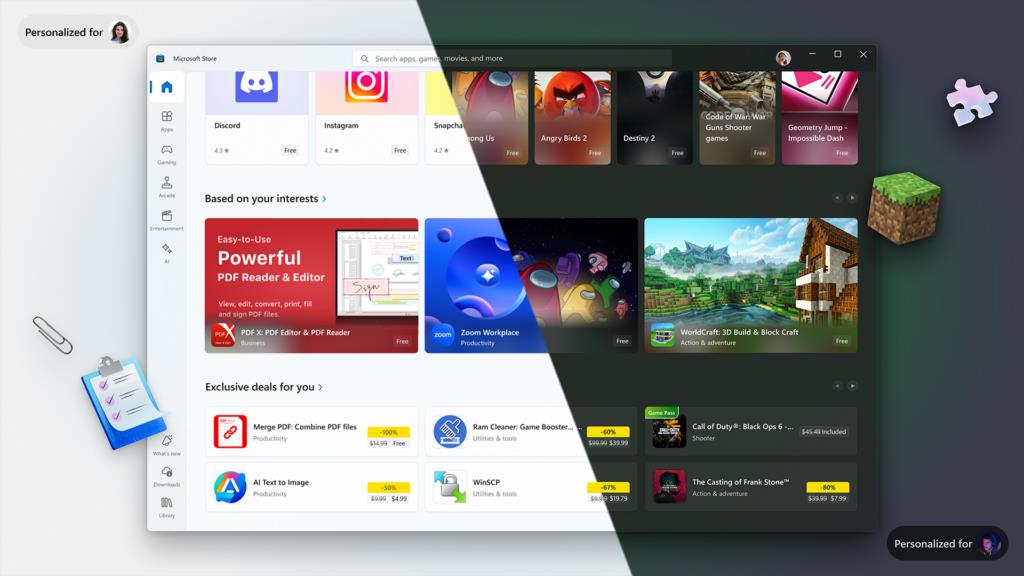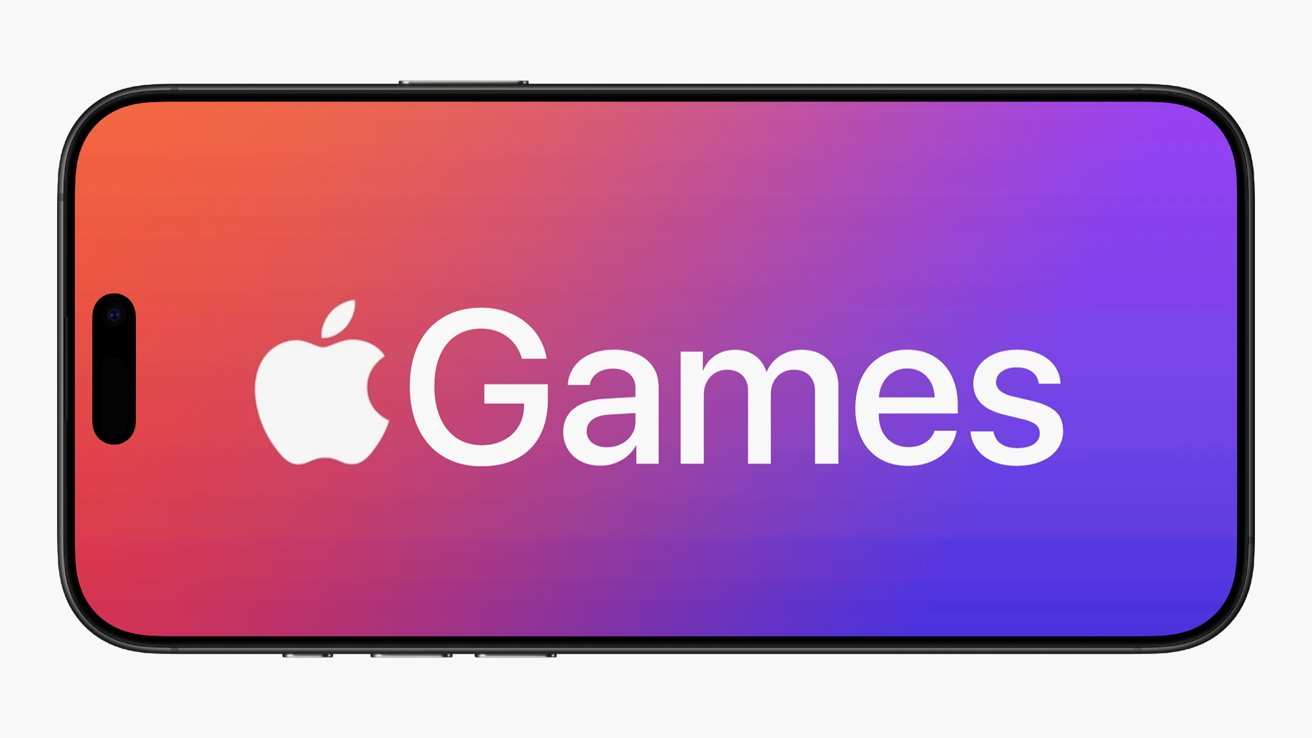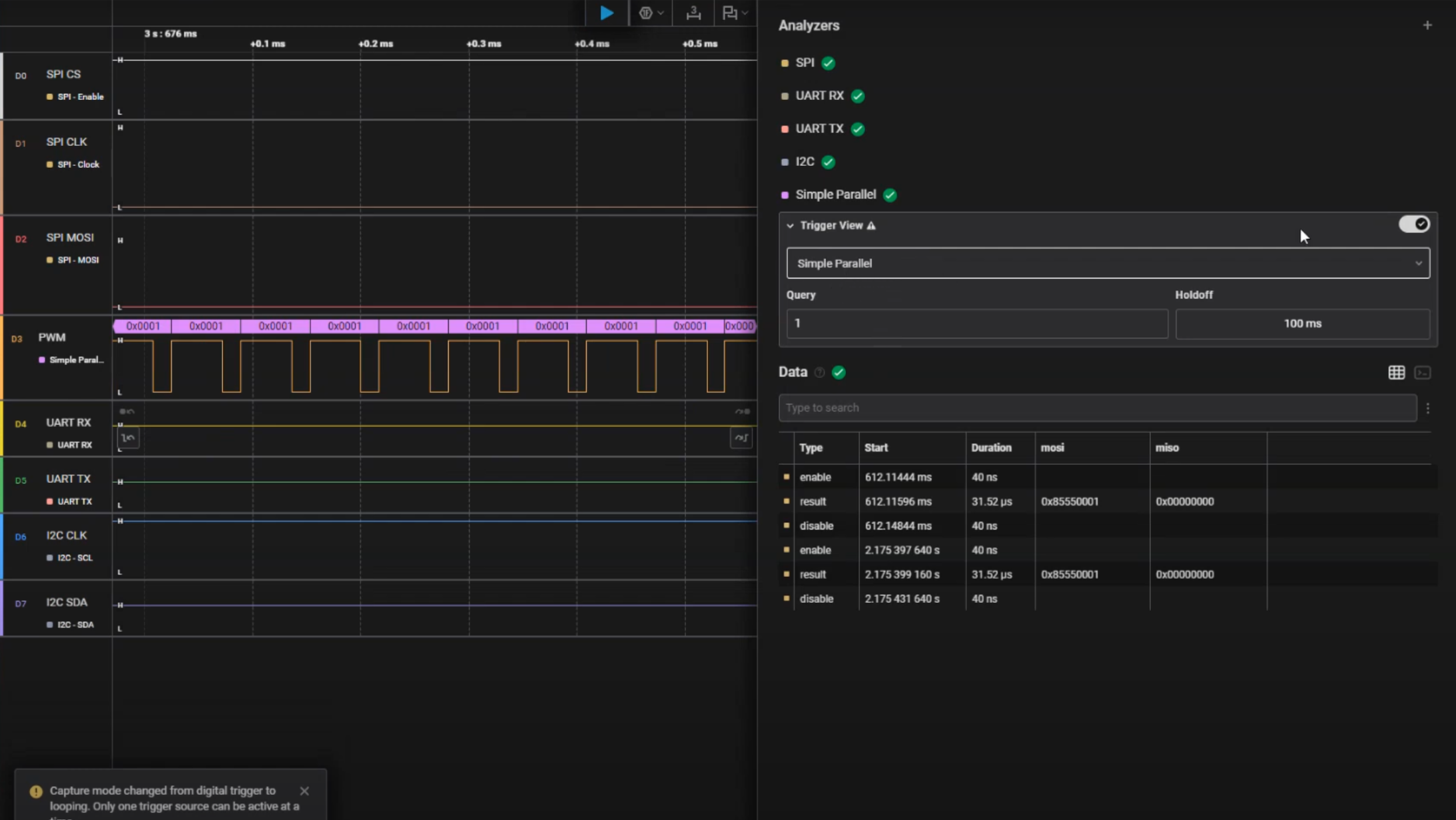Adding AI capabilities to my document management system which is built using .net core MVC 8
I’ve been working extensively with Copilot agents but only within Microsoft 365—both using Copilot experiences embedded in SharePoint Online and custom agents developed via Copilot Studio. I’ve configured agents to connect with SharePoint sites that host document libraries, and in some cases, I use Power Automate flows to retrieve metadata or custom document properties that are not directly accessible through the standard Copilot connectors. In several scenarios, I’ve guided the user through predefined questions and options to direct the AI's focus. For example, if a user asks "How to install Windows 11," I route the query to a specific "Windows 11" folder in SharePoint to improve both performance and relevance, rather than searching all content. Now, I’m building a new ASP.NET Core web application that will serve as a technical support knowledge base. Here's the setup: Users will interact with a chatbot embedded in the web app. The bot will start with a set of guided questions like: "What are you looking for?"; Software OR Hardware OR All?? Based on the user’s selections (e.g., Software → Windows 11 → Install), the agent should limit its document search to a corresponding folder. Otherwise, it can perform a global search across all folders. All documents are stored as PDF files inside SQL Server 2016, organized in a folder-like structure (main category → subcategory, etc.). My questions: What AI libraries, services, or SDKs do you recommend for integrating this kind of intelligent search/chat into an ASP.NET Core web application?I’m looking for something that allows me to build guided flows and optionally inject folder-level context to improve relevance. How can I best support multilingual queries (English, German, French, Arabic)? Each PDF document exists in 4 language versions. I’d like the AI to respond using the preferred language selected by the user, and ideally only query documents in that language unless specified otherwise. Any advice on architecture, tools, or best practices for implementing this would be much appreciated! Thanks in advance.
I’ve been working extensively with Copilot agents but only within Microsoft 365—both using Copilot experiences embedded in SharePoint Online and custom agents developed via Copilot Studio. I’ve configured agents to connect with SharePoint sites that host document libraries, and in some cases, I use Power Automate flows to retrieve metadata or custom document properties that are not directly accessible through the standard Copilot connectors.
In several scenarios, I’ve guided the user through predefined questions and options to direct the AI's focus. For example, if a user asks "How to install Windows 11," I route the query to a specific "Windows 11" folder in SharePoint to improve both performance and relevance, rather than searching all content.
Now, I’m building a new ASP.NET Core web application that will serve as a technical support knowledge base. Here's the setup:
Users will interact with a chatbot embedded in the web app.
The bot will start with a set of guided questions like: "What are you looking for?"; Software OR Hardware OR All?? Based on the user’s selections (e.g., Software → Windows 11 → Install), the agent should limit its document search to a corresponding folder. Otherwise, it can perform a global search across all folders. All documents are stored as PDF files inside SQL Server 2016, organized in a folder-like structure (main category → subcategory, etc.).
My questions:
- What AI libraries, services, or SDKs do you recommend for integrating this kind of intelligent search/chat into an ASP.NET Core web application?I’m looking for something that allows me to build guided flows and optionally inject folder-level context to improve relevance.
- How can I best support multilingual queries (English, German, French, Arabic)? Each PDF document exists in 4 language versions. I’d like the AI to respond using the preferred language selected by the user, and ideally only query documents in that language unless specified otherwise. Any advice on architecture, tools, or best practices for implementing this would be much appreciated!
Thanks in advance.






































































![UGREEN FineTrack Smart Tracker With Apple Find My Support Drops to $9.99 [50% Off]](https://www.iclarified.com/images/news/97529/97529/97529-640.jpg)

![Apple Planning Futuristic 'Glasswing' iPhone With Curved Glass and No Cutouts [Gurman]](https://www.iclarified.com/images/news/97534/97534/97534-640.jpg)















![What Google Messages features are rolling out [June 2025]](https://i0.wp.com/9to5google.com/wp-content/uploads/sites/4/2023/12/google-messages-name-cover.png?resize=1200%2C628&quality=82&strip=all&ssl=1)






























































































_sleepyfellow_Alamy.jpg?width=1280&auto=webp&quality=80&disable=upscale#)


_Michael_Vi_Alamy.jpg?width=1280&auto=webp&quality=80&disable=upscale#)
















































































































![[The AI Show Episode 151]: Anthropic CEO: AI Will Destroy 50% of Entry-Level Jobs, Veo 3’s Scary Lifelike Videos, Meta Aims to Fully Automate Ads & Perplexity’s Burning Cash](https://www.marketingaiinstitute.com/hubfs/ep%20151%20cover.png)











































































































![[DEALS] Internxt Cloud Storage: Lifetime Subscription (85% off) & Other Deals Up To 98% Off – Offers End Soon!](https://www.javacodegeeks.com/wp-content/uploads/2012/12/jcg-logo.jpg)


















































![From electrical engineering student to CTO with Hitesh Choudhary [Podcast #175]](https://cdn.hashnode.com/res/hashnode/image/upload/v1749158756824/3996a2ad-53e5-4a8f-ab97-2c77a6f66ba3.png?#)



















.png?width=1920&height=1920&fit=bounds&quality=70&format=jpg&auto=webp#)



.jpg?width=1920&height=1920&fit=bounds&quality=70&format=jpg&auto=webp#)



































































